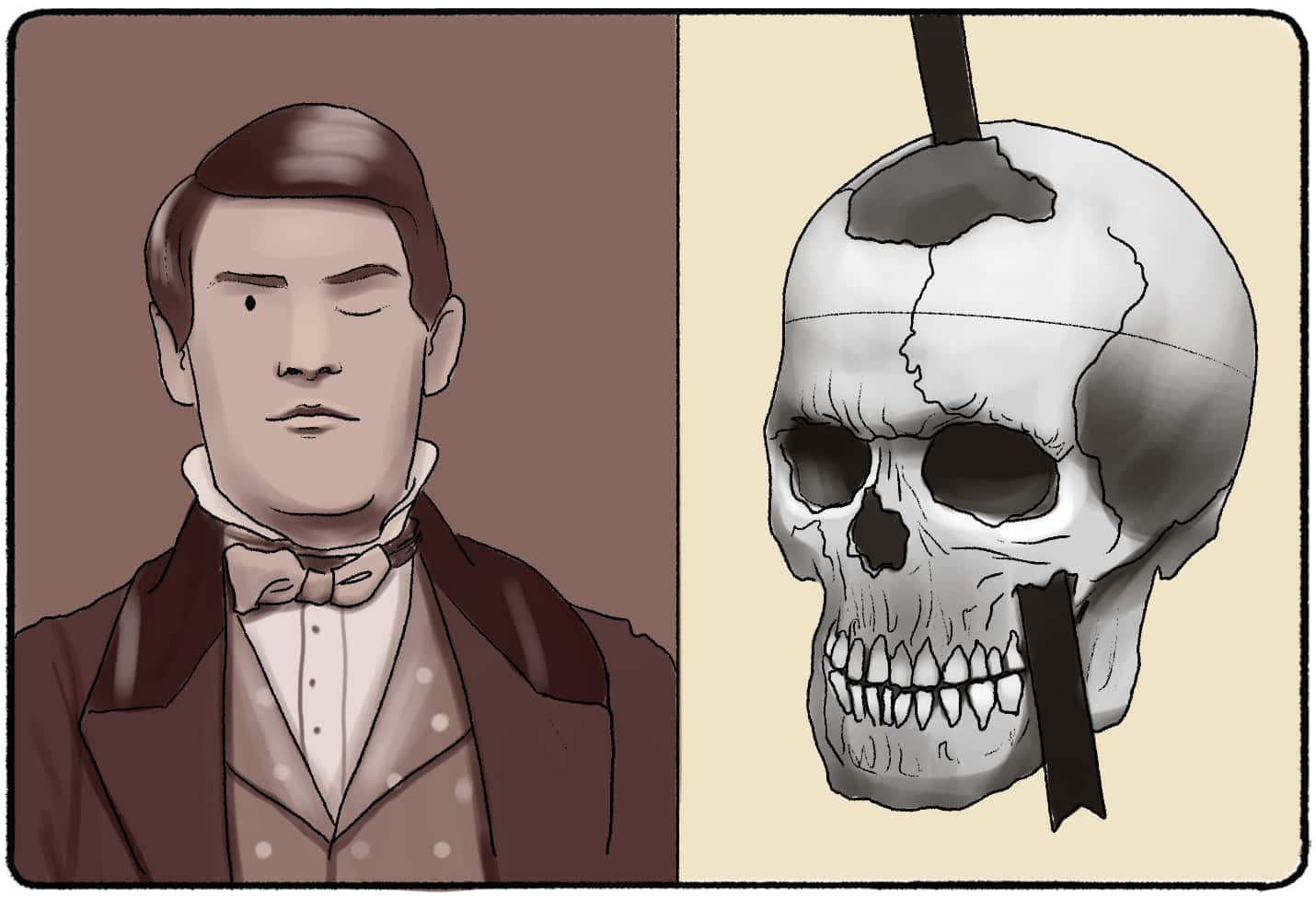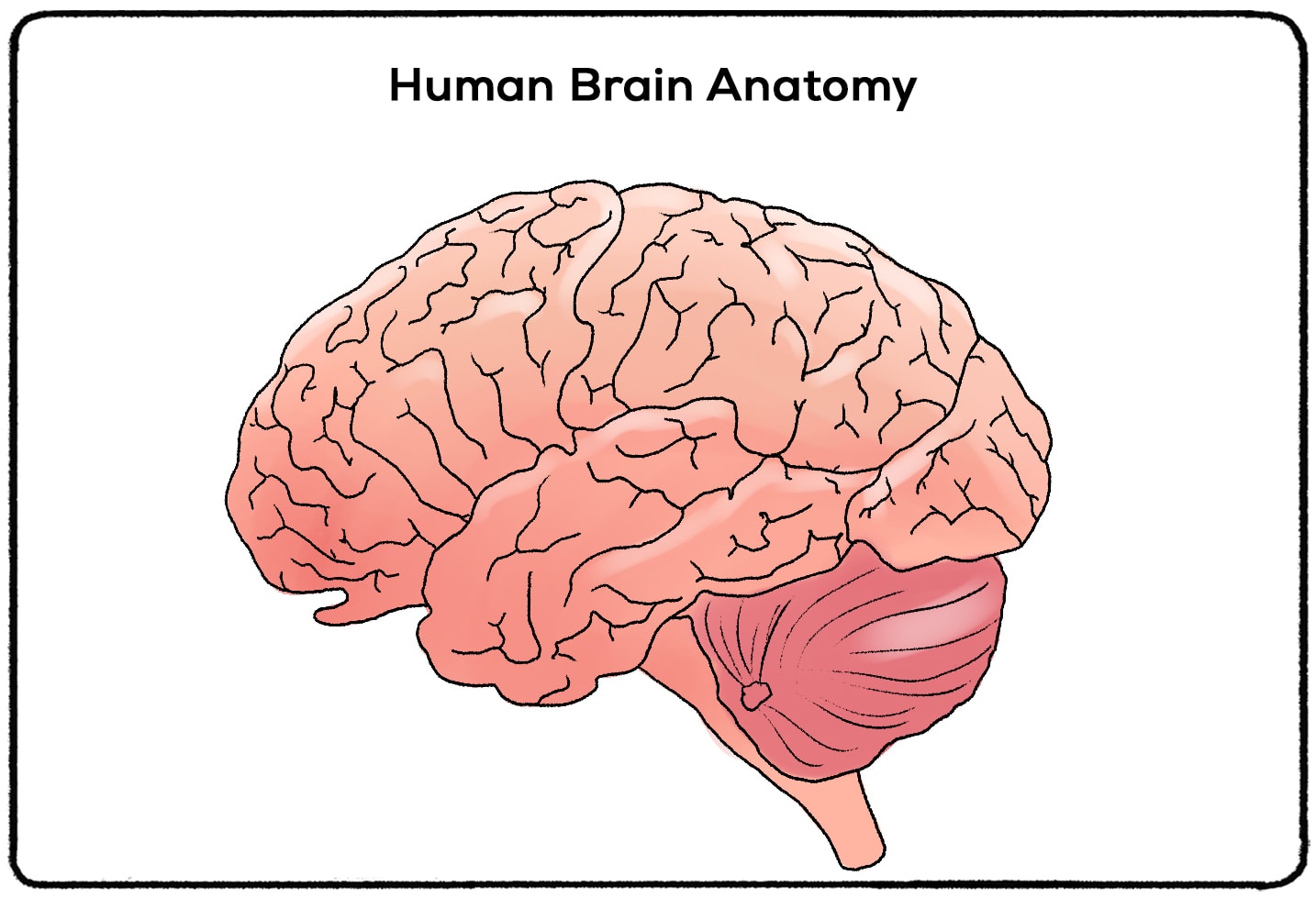Psychologists Continue to Disagree About Which Personality Factors Are the Most Basic
The debate between nature vs. nurture is almost as old as the chicken vs. the egg. What is more likely to influence how we develop a personality and how we behave? Is it the genes we are born with? Or are we taught and molded by our parents, schoolteachers, and culture? Behaviorist and humanist perspectives take on the "nurture" side of the debate. But let's talk about the "nature" side. The biological theory of personality gives us more questions and answers to think about as we reflect on our own personalities.
What is The Biological Perspective on Personality?
This perspective posits that we are genetically predisposed to certain personality traits, from cleanliness to extraversion. This counters the idea that our environment and life experiences form our personalities. Similarly, evolutionary theory suggests that our personality comes from an environment that favors certain traits over time.
Some of the earliest and most famous examples of the biological perspective is ideas brought forth by Charles Darwin. Darwin was the father of evolutionary psychology. His theories of evolution suggested that species evolve over time; members of said species with stronger traits were more likely to reproduce and pass those traits onto their offspring. Evolution doesn't just favor physical traits, like taller people or faster swimmers.
Genes and the Brain
Where do biologists find our traits? In our genes and our brains. To test this theory, psychologists have studied identical twins. Identical twins have the same genes, but those who are separated at birth will grow up in completely different environments. When scientists look at their similarities and differences, they can get a sense of what is nature and what is nurture.
Using Identical Twin studies, we can narrow down what percentage of traits may be due to genetics. If a trait can be passed down through a gene, we call it "Heritable".

Heritability: A variance between multiple people that can be accounted for by genetic differences.
Some of our personality traits are influenced by genes, and some are not.
For example, according to identical twin personality research, these traits have been correlated to be influenced by genetics:
- Social Closeness: 15%
- Achievement Orientation: 38%
- Traditionalism: 59%
- Imagination: 74%
One example of a gene that can influence a trait is the Dopamine-4 Receptor Gene. This gene has been connected with the trait of thrill-seeking and people enjoying novelty.
The Jim Twins
Take the Jim Twins as a real-life example that traits can be passed via genes.
Jim Lewis and Jim Springer were identical twins separated at birth. They finally connected at the age of 39 and quickly made headlines for their very similar lives. Both were the same height and weight with similar habits. What's weirder is that both twins had been married twice to women with the same first names. (Their first wives' name was Linda, the second's was Betty.) They also drove the same car. How crazy are these similarities?
Not everything about the Jim twins was similar; they wore different hairstyles and chose different professions. But the story of the Jim twins and other studies of identical twins show that our genes may be very closely correlated with our personality traits and the decisions we make.
Brain Chemistry and Personality Traits
Other studies show just how important our brain chemistry is to our reactions and how we assess our environment. Different parts of the brain "go off" as we make decisions. The stronger these responses are, the more likely a person is to hold certain personality traits. For example, people who are highly neurotic have stronger responses in their amygdala, the part of the brain responsible for reacting to fear.
Biological theorists believe by changing the size of our amygdala, theoretically, we could change how neurotic a person is. That is, if you could control the size of a particular brain section.
The physical structure of the brain may also be linked to personality traits. Studies from Cambridge University revealed a positive correlation between openness and folding in the prefrontal cortices.
Biological Perspective Examples: Neuroplasticity
It is easy to write the "nature" theory off as something that cannot change. People may believe that if you are born with an aggressive temperament, you can't do too much to change your genes and your tendencies to be aggressive.
That's not exactly true. Our brains have the potential to change and cause our personalities to change. One famous example of this case is that of Phineas Gage. Gage was a railroad worker in the 1840s. While working, he suffered a serious accident. An explosion sent a tampering iron straight into his head, damaging a large part of his brain. Phineas Gage somehow survived the horrific accident, but not without consequences.

When Gage came back to work after his accident, his coworkers noticed some serious changes in his personality. He wasn't as friendly and was more prone to using profane language. He was a changed man, and his case is a prime example of how brain injury can severely affect personality.
Drugs, poor physical health, and even smartphones have the ability to change brain chemistry and potentially affect personality.
So, due to the principle of neuroplasticity, which means we can essentially re-wire our brain… we also come to the conclusion that we can change our brain chemistry – and ultimately change our personality.
What Does The Biological Perspective of Personality Say About Personality Disorders?
Studying personality isn't just about whether someone is naturally funny or open to new experiences. Answers must also be gathered regarding personality disorders. But there have been studies to prove that the structure of the brain may influence the development of a personality disorder. For example, smaller regions of certain parts of the brain may be linked to Cluster B personality disorders. Abnormalities in the brain have been linked to Schizotypal Personality Disorder. This is not to say that environmental factors play no role in personality disorders, but that these findings should continue to be explored.

What Did Hans Eysenck Believe About The Biological Theory of Personality?
Not all psychologists believe that solely nature or nurture are responsible for constructing someone's personality. Trait theorist Hans Eysenck believed that a combination of genetic predispositions and our experiences during childhood worked together to form personality. Eysenck also developed a theory of personality that centered around three traits. This became a large influence on the psychologists who developed the Big Five and other theories within trait theory. (Other trait theories included lists of over 4,000 traits or 35 factors. Quite the range!)
Other Theories That Incorporate the Biological Theory of Personality
Hans Eysenck is not the only psychologist who looked to biology to explain personality. If you are interested in reading more, I suggest learning about the following:
- Gray's Reinforcement Sensitivity Theory:This theory explores how the fight-or-flight response influences personality
- Cloninger Model of Personality:This theory explores the influence of hormone production and release (dopamine, serotonin, etc.)
- Five Factor Model of Personality:This theory is also known as "The Big Five" and has expanded to become the "HEXACO Model"
Comparing Biological Theory of Personality to Other Theories of Personality
Not every personality psychologist pointed to biology when describing personality, but many believed that biological factors played a part in how we become the people we are. This brief description of personality theories shows how biological theory compares to other schools of thought within psychology.
Freud
Sigmund Freud believed the psyche was made of three separate entities that influenced personality and behavior. (These separate entities are the id, superego, and ego.) Drives innate to a person's nature dictate how the three entities interact. So Freud believes our personalities are all nature, right? Not exactly. He also pointed to childhood experiences and conflicts that shape a person's personality. The impact on a person's personality depends on which psychosexual stage of development the experience occurred. A child who experiences trauma in the "anal stage" (ages 3-5) may develop an anal-retentive personality. Freud's cringy theories fall in the middle of the nature-nurture debate.
BF Skinner and Behaviorists
BF Skinner, John B. Watson, and behaviorists believed a person's experiences shaped their personality. John B. Watson famously said, "Give me a dozen healthy infants, well-formed, and my own specified world to bring them up in and I'll guarantee to take any one at random and train him to become any type of specialist I might select—doctor, lawyer, artist, merchant-chief and, yes, even beggar-man and thief, regardless of his talents, penchants, tendencies, abilities, vocations, and race of his ancestors." That's all nurture.
Martin Seligman
Martin Seligman's fascinating experiments with learned helplessness suggest that external factors and the illusion of control influence many elements of personality and behavior. But Seligman's experiments go beyond shock collars and helplessness. In a study on twins and genetics, he suggests there may be a "substantial genetic effect" on optimism. His work is not done, but one could argue that Seligman also sits in the middle of the nature vs. nurture spectrum.
Erik and Joan Erikson
Erik and Joan Erikson's Stages of Psychosocial Development are similar to Sigmund Freud's, but involve fewer cringy theories. Instead, they focus on crises at each stage of a person's life. How a child moves through that crisis determines their behaviors and personality. A child who fails to learn trust in the first stage of development may fail to trust in later stages if proper support is not offered. Erikson's work suggests that experiences like support from teachers, love from family shape personality. They are on the "nurture" side of nature vs. nurture.
Nature or Nurture?
As we wrap up this article, I would like to offer my thoughts on the nature vs. nurture debate.
Lessons from the biological theory of psychology and behaviorism both offer convincing arguments that nature and nurture influence personality. So which side is the winner?
I believe that nature and nurture are like ingredients of a cake. Cakes need flour, eggs, baking soda, and a few other ingredients to become a cake. But do we say that flour "causes" a cake? Not really. We need a bit of both flour and eggs, and only after making many cakes can we see the nuances of what adding more or less of each ingredient does to the cake.
Flour doesn't "cause" a cake. Genes don't "cause" personality. However, each part is an important section of the whole.
We can connect certain tendencies to act a certain way to different parts of the brain. When Phineas Gage's personality changed overnight, for example, psychologists could pinpoint what parts of his missing brain had influenced certain traits. Other personality traits are influenced greater by our environment and culture. If we are taught to value agreeableness and grew up in an environment where being agreeable is easy, we are more likely to find ways to be agreeable.
So are our personalities influenced by nature or nurture? I say both!
reaganthempanince.blogspot.com
Source: https://practicalpie.com/biological-theory-of-personality/

0 Response to "Psychologists Continue to Disagree About Which Personality Factors Are the Most Basic"
Post a Comment